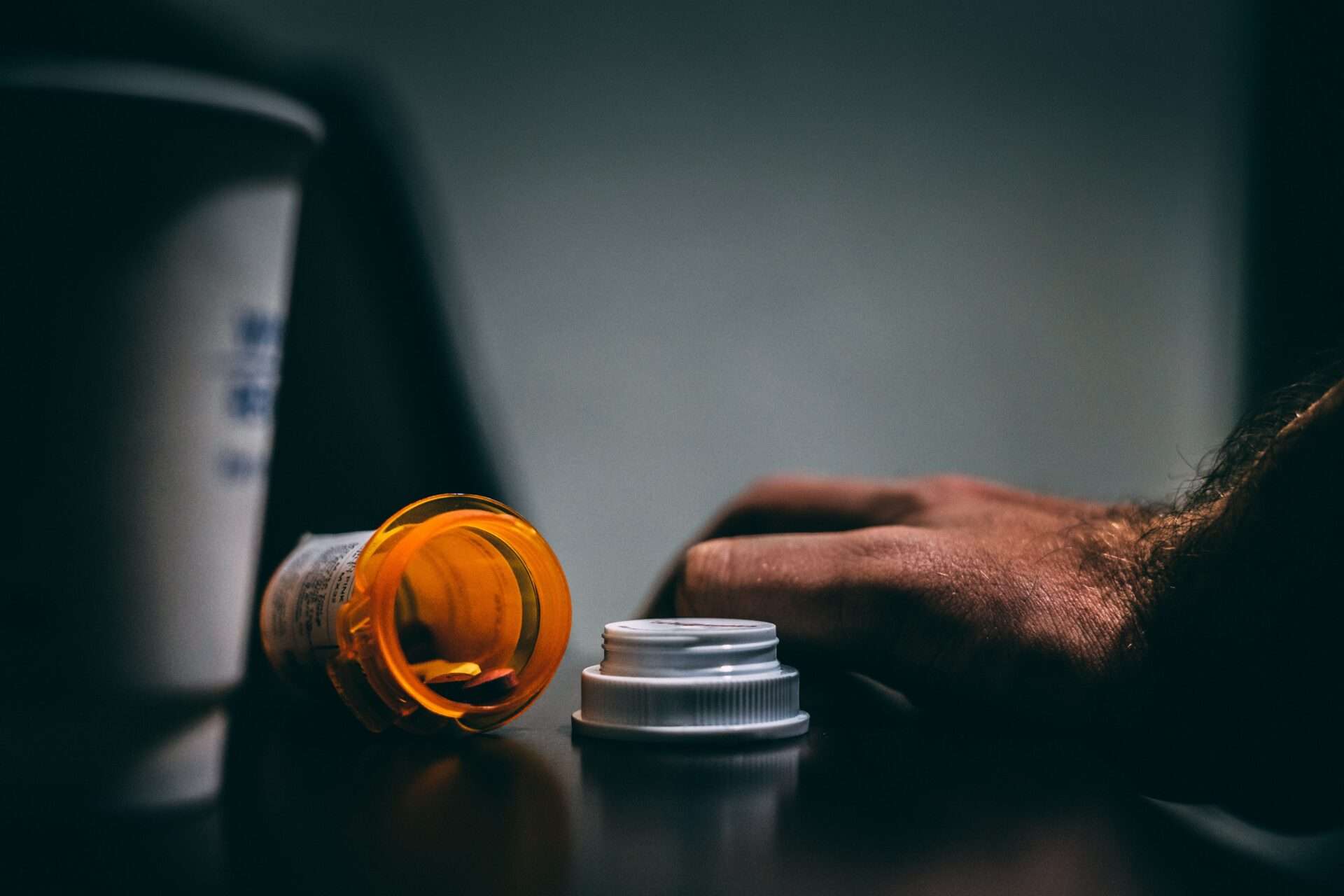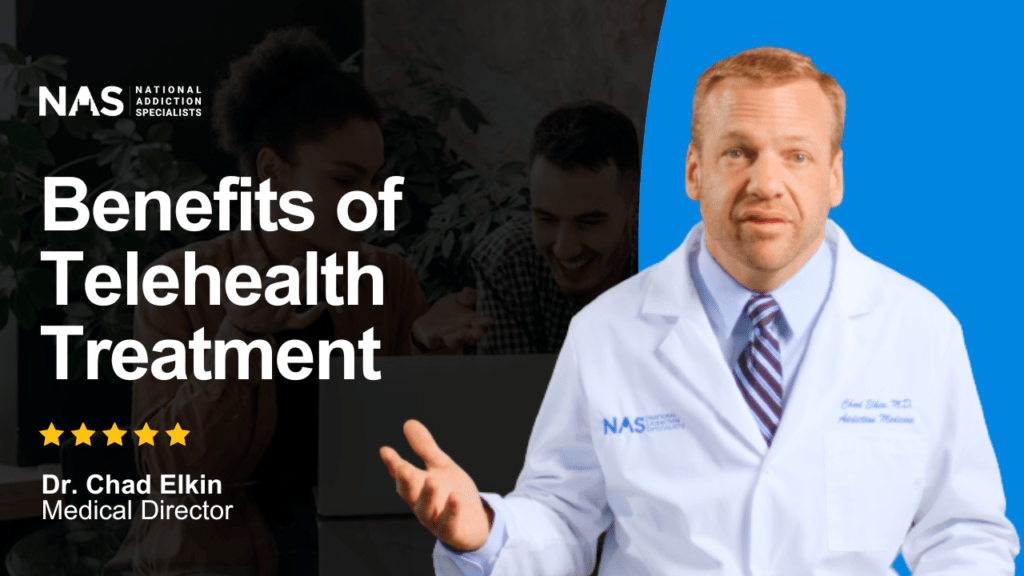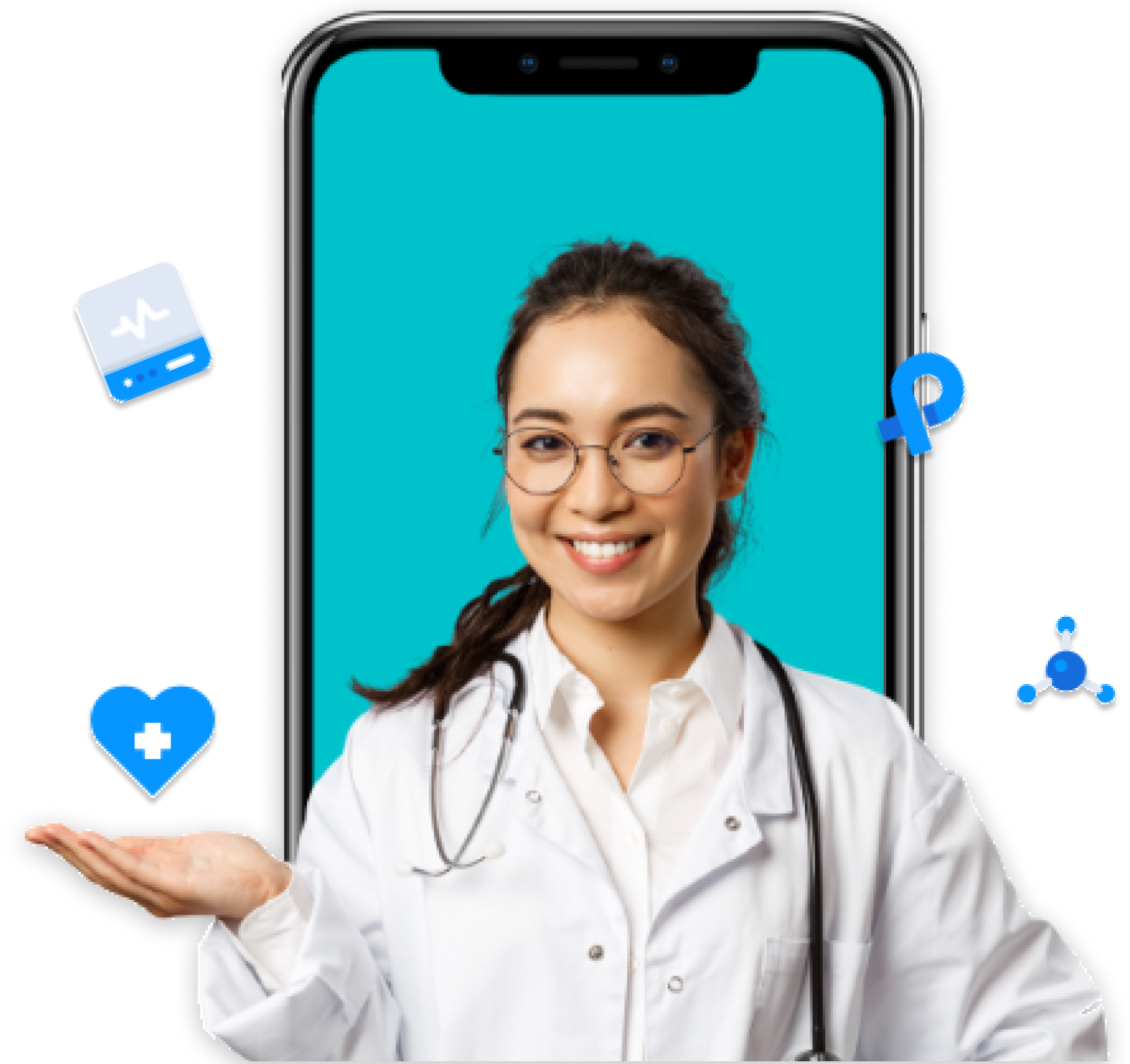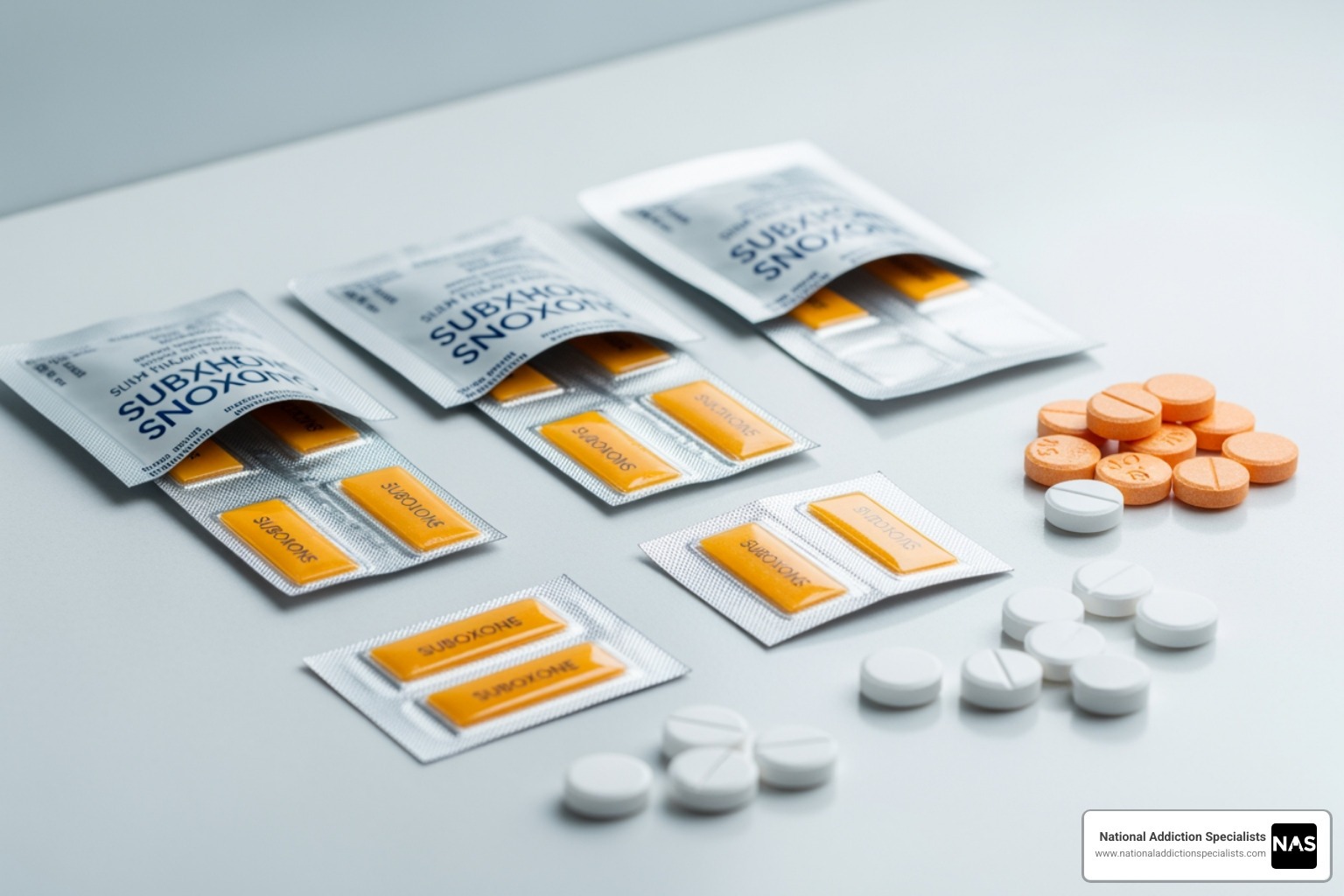Finding a suboxone dr near me is a crucial step for individuals seeking long-term recovery from opioid addiction. Accessing effective treatment can significantly improve your chances of overcoming this chronic brain disease. If you’re in Tennessee or Virginia, consider these options quickly:
- National Addiction Specialists offers telehealth services, providing expert care in your locality.
- Medicaid and Insurance are accepted, ensuring easier financial access.
- Same-day appointments are often available for timely help.
- Privacy and confidentiality are prioritized, protecting your personal information.
Overcoming opioid addiction requires more than willpower; it demands structured, medical-assisted treatment and supportive care. However, stigma and fears about privacy can be barriers. Suboxone, a medication-assisted treatment (MAT), plays a vital role by reducing withdrawal symptoms and cravings, making recovery for people like Alex achievable and more manageable.
I’m Dr. Chad Elkin. As the Founder of National Addiction Specialists, my work focuses on enhancing access to quality addiction care. With my expertise in telehealth and addiction medicine, I aim to help you steer the complexities of finding a suboxone dr near me and ensure you get the support that adapts to your unique needs.
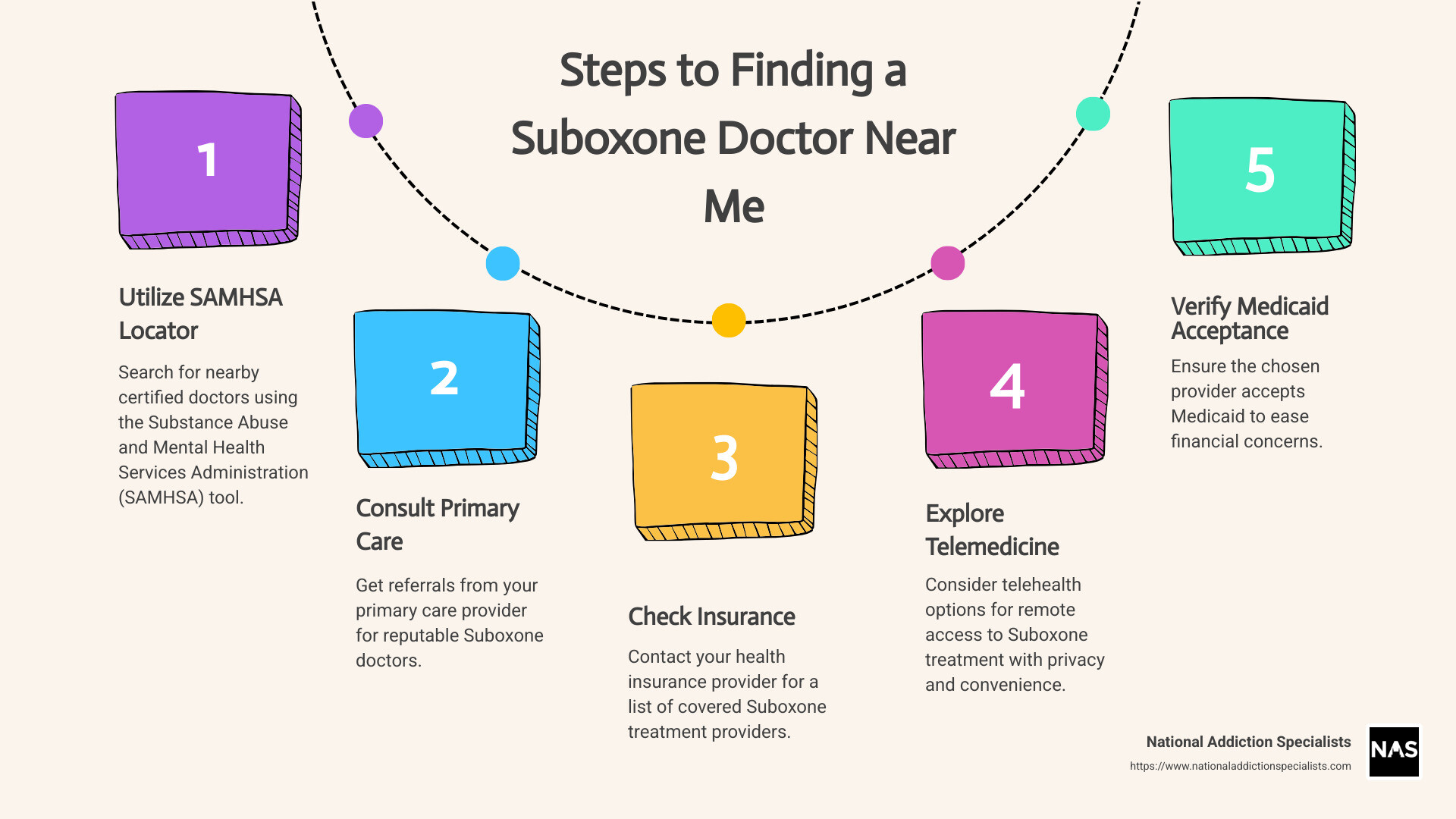
Understanding Suboxone and Its Role in Recovery
Suboxone is a breakthrough medication in the fight against opioid addiction. It combines two powerful components: buprenorphine and naloxone. Together, they help individuals manage withdrawal symptoms and cravings, making recovery more attainable.
What is Buprenorphine?
Buprenorphine is a partial opioid agonist. This means it activates opioid receptors in the brain, but to a much lesser extent than full agonists like heroin or oxycodone. By doing so, it helps ease withdrawal symptoms and cravings without producing the euphoric high associated with opioid abuse.
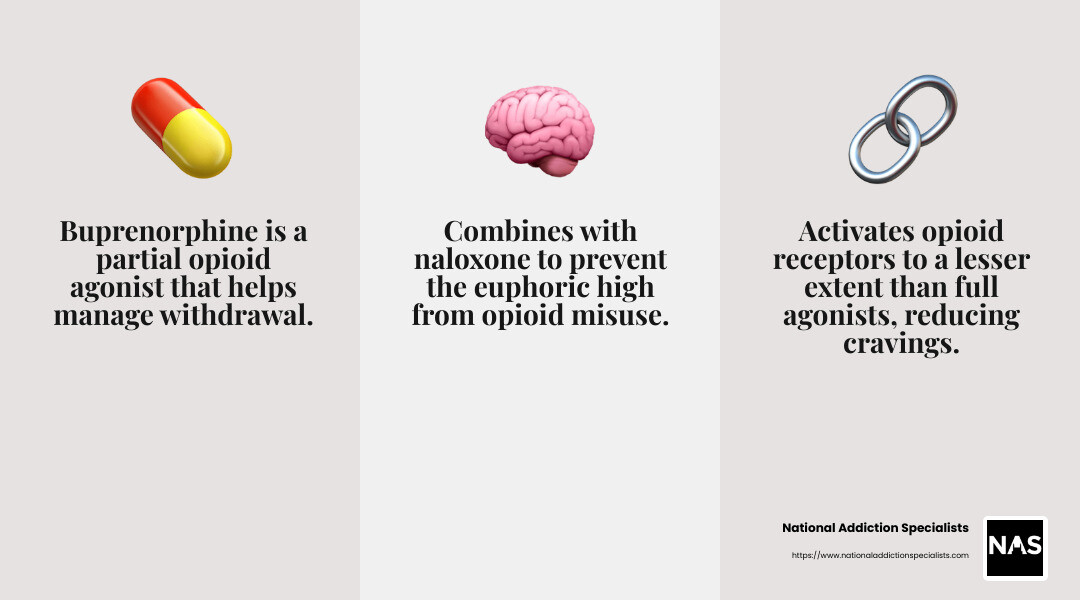
The Role of Naloxone
Naloxone, on the other hand, is an opioid antagonist. Its primary function in Suboxone is to prevent misuse. If someone tries to inject or snort Suboxone, naloxone kicks in and blocks the effects of buprenorphine, deterring abuse.
Why Suboxone is Effective
Suboxone offers several benefits for those in recovery:
- Reduced Cravings: By minimizing cravings, individuals can focus on their recovery journey without constant distractions.
- Lower Risk of Misuse: The inclusion of naloxone discourages misuse, promoting safer medication practices.
- Improved Stability: With fewer withdrawal symptoms, patients can lead more stable lives and engage more fully in therapy and support groups.
Proven Success
Research shows that medical treatment, like Suboxone, significantly increases the chances of long-term recovery. Yet, many still face stigma when seeking treatment. Education about medications like Suboxone can help change this narrative, encouraging more individuals to seek help.
Suboxone is not just a medication; it’s a lifeline for many battling opioid addiction. By understanding its components and benefits, individuals can make informed decisions about their treatment and work towards sustained sobriety.
How to Find a Suboxone Dr Near Me
Finding the right Suboxone doctor near you can be a game-changer in your recovery journey. Here are three strategies to help you locate a provider that meets your needs:
1. Use the SAMHSA Treatment Locator
The SAMHSA Treatment Locator is a valuable tool for finding Suboxone doctors who accept Medicaid. Simply visit the SAMHSA website and enter your zip code to begin your search. Follow these steps:
- Search by Zip Code: Input your zip code and select your town from the dropdown list.
- Filter by Services: Choose the “Substance use” service.
- Specify Insurance: Type “Medicaid” in the search bar and select the appropriate option.
- Select Treatment Type: Look for “outpatient methadone/buprenorphine or naltrexone treatment.”
- Prescriber Option: Finally, select “prescribes buprenorphine.”
This process will provide you with a list of nearby providers who accept Medicaid and prescribe Suboxone. Be sure to call and verify details with the provider directly.
2. Ask Your Primary Care Doctor
Your primary care doctor can be an excellent resource. They often have a network of healthcare professionals and can recommend trusted Suboxone doctors. A simple conversation with your doctor can lead to valuable referrals custom to your specific needs.
3. Contact Your Insurance Provider
Your insurance provider is another great resource. They can supply a list of in-network Suboxone doctors, minimizing your out-of-pocket expenses. Check the back of your insurance card for contact details and give them a call to explore your options.
By utilizing these strategies, you can find a Suboxone doctor who aligns with your financial situation and treatment needs. This is a crucial step in accessing the support and medication necessary for a successful recovery journey.
Steps to Access Suboxone Treatment
Accessing Suboxone treatment can be straightforward if you know where to start. Here’s a simple guide on how to access treatment, including telemedicine options, outpatient programs, and Medicaid acceptance.
Telemedicine: Convenient and Confidential
Telemedicine is revolutionizing how patients receive Suboxone treatment. Through virtual appointments, you can consult with healthcare providers from the comfort of your home. This method is not only convenient but also ensures greater privacy.
- No Travel Needed: Save time and avoid the hassle of commuting.
- Flexible Scheduling: Appointments can fit easily into your daily routine.
- Anonymity: Enjoy the privacy of receiving treatment without visiting a clinic.
National Addiction Specialists provides telemedicine services, allowing you to receive personalized care custom to your needs.
Outpatient Programs: Flexible and Accessible
Outpatient programs offer flexibility and are a great option for those who need to balance treatment with daily responsibilities. They allow you to continue your daily activities while receiving the necessary support.
- Customized Treatment Plans: Programs are custom to meet individual needs.
- Regular Check-Ins: Frequent interactions with healthcare providers ensure ongoing support.
- Supportive Environment: Benefit from a network of professionals and peers.
Outpatient programs can be a vital part of your recovery, offering both structure and support.
Medicaid Acceptance: Affordable Access
Many Suboxone providers accept Medicaid, making treatment accessible to more people. If you have Medicaid, it can significantly reduce the cost of treatment.
- Cost-Effective: Medicaid can cover most, if not all, treatment costs.
- Wide Network: Many providers accept Medicaid, offering various options for care.
Using the SAMHSA Treatment Locator can help you find nearby Suboxone doctors who accept Medicaid. Simply input your zip code and follow the steps to filter by Medicaid acceptance.
By leveraging telemedicine, participating in outpatient programs, and utilizing Medicaid, accessing Suboxone treatment can be seamless and effective. These steps are vital in taking control of your recovery journey.
Benefits of Telemedicine for Suboxone Treatment
Telemedicine is changing Suboxone treatment by making it more accessible and private. Let’s explore how this approach benefits those seeking recovery from opioid addiction.
Convenience
Imagine receiving high-quality care without leaving your home. Telemedicine makes this possible by eliminating the need for travel. This means:
- No Commute: Save time and reduce stress by avoiding trips to the clinic.
- Flexible Appointments: Schedule sessions that fit your lifestyle, whether you’re at home, work, or on the go.
This level of convenience helps patients stay committed to their treatment plans, ultimately improving outcomes.
Confidentiality
Privacy is a major concern for those seeking addiction treatment. Telemedicine ensures:
- Anonymity: Engage with healthcare providers discreetly, without the fear of being seen at a clinic.
- Secure Communications: Virtual sessions are conducted through encrypted platforms, safeguarding your personal information.
This confidentiality encourages more people to seek help, breaking down barriers related to stigma and judgment.
Expert Providers
Telemedicine connects patients with experienced and compassionate healthcare professionals. National Addiction Specialists, for example, employs a team that is highly skilled in treating various addictions, including opioids. Here’s what you can expect:
- Personalized Care: Receive custom treatment plans that address your unique needs.
- Access to Specialists: Consult with experts who are dedicated to helping you succeed in your recovery journey.
With telemedicine, you’re not just a number. As one patient noted, “They care about you, and don’t treat you like a number.”
By embracing telemedicine, you gain access to convenient, confidential, and expert-driven Suboxone treatment. It’s a modern solution that empowers you to take control of your recovery journey, one virtual appointment at a time.
Frequently Asked Questions about Suboxone Treatment
Can a Family Doctor Prescribe Suboxone?
Yes, a family doctor can prescribe Suboxone, but there are specific guidelines they must follow. According to the updated HHS guidelines effective April 28, 2021, family doctors who are state-licensed and DEA-registered are eligible to prescribe this medication. This change was made to increase access to treatment for opioid addiction, making it easier for patients to get the help they need from their trusted healthcare providers.
Is Counseling Required for Suboxone Prescription?
While Suboxone is an important part of recovery, it’s not a standalone solution. Counseling is usually required as part of a comprehensive treatment plan. New laws and treatment guidelines emphasize the importance of combining medication with counseling and behavioral therapies. This holistic approach addresses the root causes of addiction and supports long-term recovery. Patients are encouraged to participate in individual and group counseling sessions to improve their treatment outcomes.
Can Suboxone Be Prescribed via Telemedicine?
Absolutely. The DEA permits the prescription of Suboxone through telemedicine. Since Suboxone is a Schedule III medication, it falls under the category of drugs that can be prescribed virtually. This means that patients can receive their prescriptions without an in-person visit, making treatment more accessible and convenient. Virtual providers offer a secure and private way to consult with healthcare professionals, ensuring that patients receive the care they need from the comfort of their own homes.
By understanding these aspects of Suboxone treatment, patients can better steer their recovery journey and access the resources they need for a successful outcome.
Conclusion
National Addiction Specialists is here to make your journey to recovery as smooth and effective as possible. We understand that battling opioid addiction is challenging, but with the right support and treatment, you can reclaim your life.
Our approach is simple yet powerful: personalized recovery plans custom to your unique needs. We offer telemedicine-based Suboxone treatment, allowing you to access care from the comfort of your home. This means no more long commutes or waiting rooms. Just convenient, confidential care with expert providers.
We’re proud to serve communities across Tennessee and Virginia, including major cities like Nashville, Knoxville, and Virginia Beach. Our services are designed to be accessible to everyone, accepting Medicaid and Medicare to ease financial barriers.
Ready to take the first step towards a healthier, addiction-free life? Visit our service page and let us help you find a Suboxone dr near me. Your recovery starts here, and we’re with you every step of the way.


